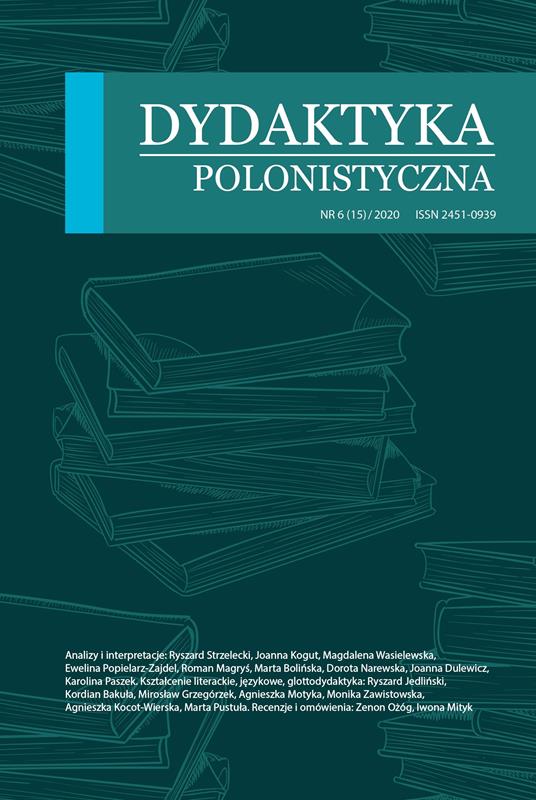Idea Miłosierdzia Bożego wobec egzystencjalnych niepokojów współczesnego świata
DOI:
https://doi.org/10.15584/dyd.pol.15.2020.2Słowa kluczowe:
God, man, existence, mercy, mysticism, faithAbstrakt
The need of the present times speaks for bringing the face of a merciful God once again. The concept of ”mercy” is often neglected today, and it even hinders modern man, who, through the previously unknown development of science and technology, more than ever in the human history, has subdued the earth and became its master. The awareness of man’s loneliness, his alienation from the community of the world, tradition and religion, and the conviction that he – man – is the creator of his own humanity, have become dominant. Life itself becomes the central value for him, not the immortality of life. The only content he has left are his whims and desires devoid of permanent and certain measures – doomed to variables determined by the condition and social situation – values. His existence was revealed to him in all its nakedness and fragility, arousing fear and concern with regard to loneliness, illness and death. And yet, through her life, Saint Faustine Kowalska showed unlimited trust in God’s mercy, thus opening herself to the action of grace, which allowed her to give her life the right purpose. This purpose of life is determined by faith, which for many followers of Christ became the foundation of their lives.Pobrania
Opublikowane
2020-12-15
Jak cytować
Kogut, J. (2020). Idea Miłosierdzia Bożego wobec egzystencjalnych
niepokojów współczesnego świata. Dydaktyka Polonistyczna, 15(6), 31–46. https://doi.org/10.15584/dyd.pol.15.2020.2
Numer
Dział
ANALIZY I INTERPRETACJE


